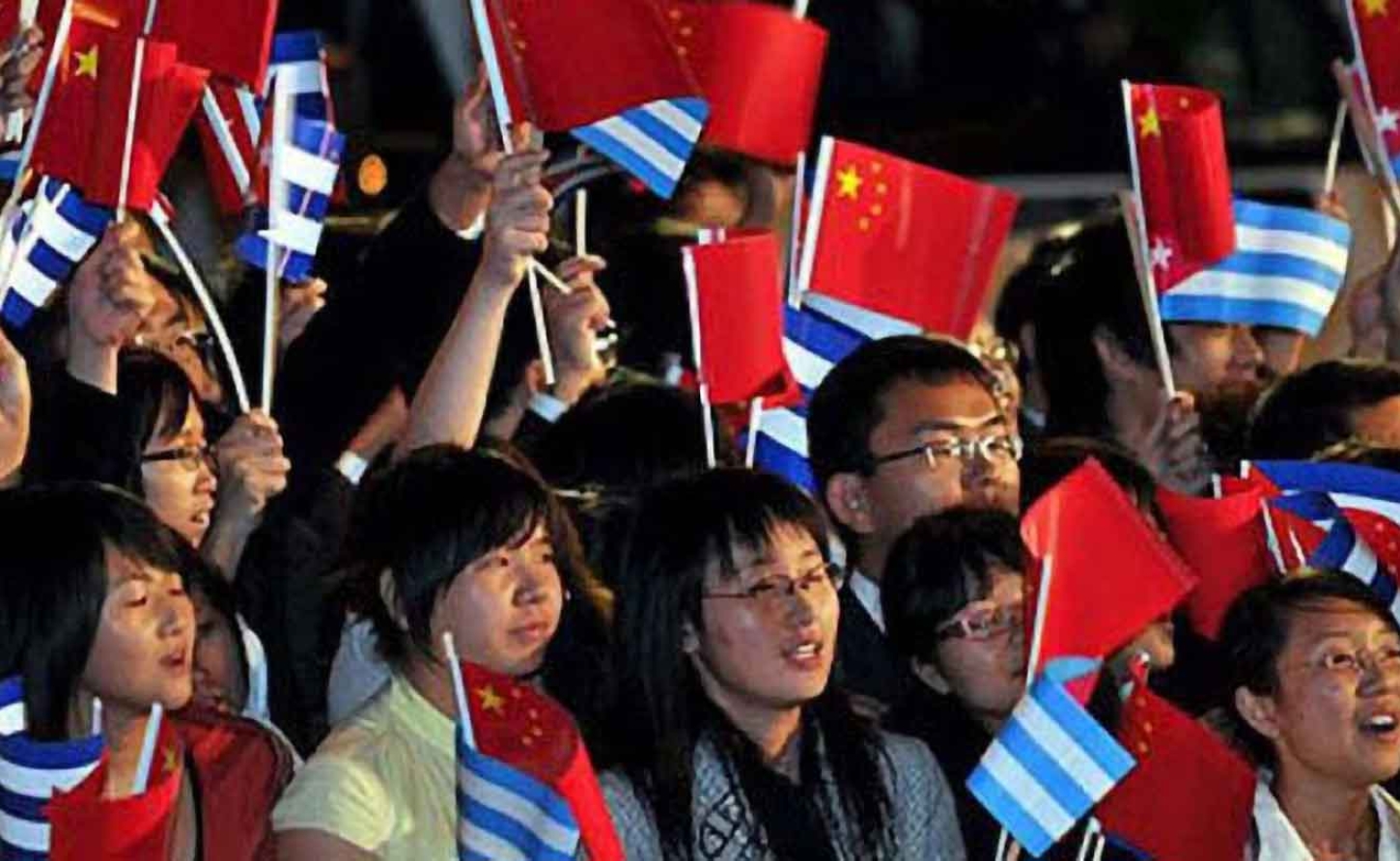CUBA | China Must Provide More Substantial Aid to Cuba

Suffocated by an economic siege for more than six decades, Cuba is facing an extremely serious situation. China, a strategic partner and long-standing ally of the island, is in a position to provide more robust support to help it face current challenges.
An ancient relationship based on solidarity
Relations between Cuba and China are excellent. As early as 1960, Havana was the first American capital to recognize the People’s Republic of China, establishing diplomatic ties despite pressure from the United States. Since the triumph of the Cuban Revolution in 1959, Fidel Castro championed the integration of People’s China into the United Nations, a goal achieved in 1971.
Ties between the two countries are now solid, both politically and economically. Beijing and Havana share a common vision of a multipolar international order based on respect for the law, sovereignty, and non-interference. Cuba has always supported the one-China principle, while Beijing has consistently opposed the unilateral sanctions imposed on the island since 1960, denouncing their illegal and inhumane nature.
In the economic sphere, China is Cuba’s leading trading partner, accounting for more than 20% of its trade. The island imports numerous Chinese goods: clothing, household appliances, technological equipment, and industrial machinery. China has also invested in the Mariel Special Development Zone, as well as in telecommunications and infrastructure. In the medical sector, Cuba has established partnerships in biotechnology, a field in which it is a pioneer.
After several years of stagnation, trade rebounded in 2024: Chinese exports to Cuba increased by 45%, reaching $75 million, while Cuban exports to China grew by 80%, reaching $30 million. These figures are encouraging, although still below 2017 levels. In terms of tourism, Air China launched a direct flight between Beijing and Havana in 2024, leading to a 50% increase in Chinese tourist arrivals.
The Cuban energy crisis: a humanitarian emergency
One of the most serious problems Cuba currently faces is the energy crisis. Unable to modernize its thermoelectric plants due to U.S. sanctions that prevent the purchase of spare parts, the island suffers from prolonged and frequent blackouts that severely affect the population’s quality of life.
Cuba is committed to the development of renewable energy. Currently, some fifty solar parks are under construction, and another hundred are planned for construction by 2028. But this is still insufficient: 150 would be needed immediately to meet current demand.
China, a leading technological power, has the material and financial resources to support Cuba in this transition. It offers competitive prices, short deadlines, and advantageous loans without political conditions, unlike institutions like the IMF. It is therefore well positioned to play a central role in resolving this energy crisis.
With a population of 9 million, Cuba is equivalent, on a Chinese scale, to a city like Xi’an, barely the tenth most populated in the country. For Beijing, providing aid to Cuba would be a modest effort. But for the island, such support would be vital.
Furthermore, due to its unjustified inclusion on the US list of countries that support terrorism, nearly 100 international banks have ceased all cooperation with Cuba. The island urgently needs financing. China could, in a forceful gesture, grant it a substantial zero-interest loan for 50 years to guarantee the basic needs of its population.
Cuba and the BRICS: a partner with high moral value
Cuba is, above all, a moral force. For 65 years, it has resisted US pressure without ever renouncing its principles. This courage gives it immense prestige, especially in the Global South. Its membership in the BRICS embodies the values this group defends: sovereignty, equity, reciprocity, and solidarity.
Cuba is also a medical powerhouse. It has eight doctors per thousand inhabitants, almost three times more than France. Since the 1960s, it has exported its medical services to more than 50 countries. The Henry Reeve Brigade, made up of doctors specializing in emergency situations, has intervened in Haiti, in Africa during the Ebola epidemic, and in Europe during the COVID-19 pandemic. Today, several hundred Cuban health professionals work in Italy.
The island trains thousands of foreign doctors through the Latin American School of Medicine, with nearly 5,000 graduates per year. Its high-level biotechnology sector has developed innovative drugs: Cimavax for lung cancer, treatments for diabetes, and several vaccines against COVID-19.
A call to China’s historical responsibility
Today, Cuba deserves support. The island has always shown solidarity with the peoples fighting for their emancipation. It’s time for it, in turn, to receive active, concrete, and lasting solidarity.
A great revolution, like the Chinese Revolution, has the capacity and legitimacy to provide such aid. It would not only be an act of friendship, but also a gesture of historical justice.
Source: Rebelion; INTERNATIONALIST 360°
Translation by Resumen Latinoamericano – English
Originally posted by Internationalist 360° on June 25, 2025
